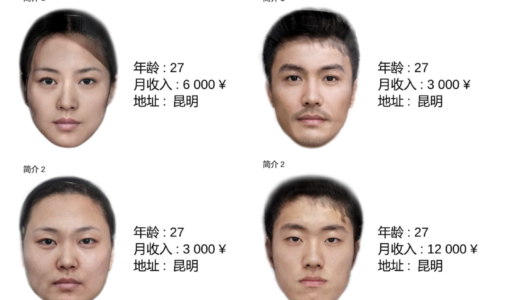This paper, the result of our project with Jeanne Bovet, Eva Raiber, Weiwei Ren and Charlotte Wang, has come out in the British Journal of Psychology (2018). DOI:10.1111/bjop.12319
You can find the final paper here:
https://onlinelibrary.wiley.com/doi/10.1111/bjop.12319
You can find a near-final prepublication version here.
Abstract:
Both parents and offspring have evolved mating preferences that enable them to select mates and children‐in‐law to maximize their inclusive fitness. The theory of parent–offspring conflict predicts that preferences for potential mates may differ between parents and offspring: individuals are expected to value biological quality more in their own mates than in their offspring’s mates and to value investment potential more in their offspring’s mates than in their own mates. We tested this hypothesis in China using a naturalistic ‘marriage market’ where parents actively search for marital partners for their offspring. Parents gather at a public park to advertise the characteristics of their adult children, looking for a potential son or daughter‐in‐law. We presented 589 parents and young adults from the city of Kunming (Yunnan, China) with hypothetical mating candidates varying in their levels of income (proxy for investment potential) and physical attractiveness (proxy for biological quality). We found some evidence of a parent–offspring conflict over mate choice, but only in the case of daughters, who evaluated physical attractiveness as more important than parents. We also found an effect of the mating candidate’s sex, as physical attractiveness was deemed more valuable in a female potential mate by parents and offspring alike.

